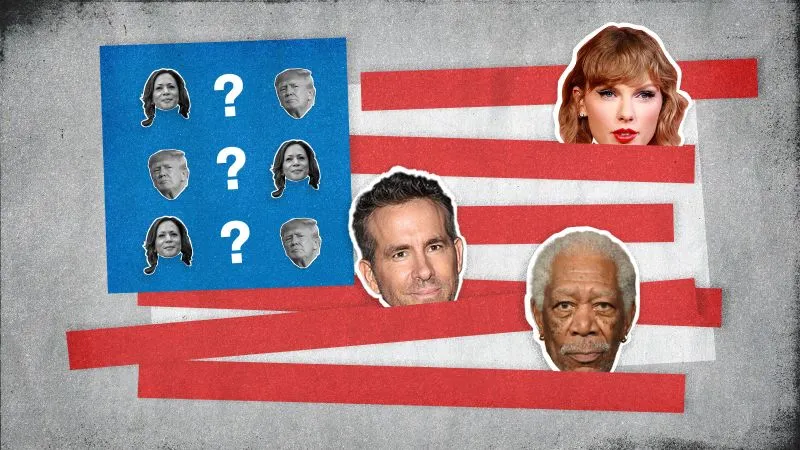Fake Endorsements Emerge as a Key Tactic in the 2024 Election Misinformation Battles

The Rise of Fake Endorsements
Fake endorsements are flooding social media, complicating the 2024 election landscape. Several celebrities, inaccurately linked to political endorsements, are being used in various misleading narratives. This tactic reflects a growing trend where misinformation can easily proliferate online, creating confusion among voters.
Understanding the Impact of Misinformation
The News Literacy Project has documented over 550 unique instances highlighting the dangers of such fake endorsements. They suggest that public snubs and false endorsements from known figures can disrupt electoral integrity and lead to voters making uninformed decisions.
How AI Technology Fuels Misinformation
As AI capabilities expand, the creation of convincing yet fake content is becoming easier. For example, images intended to mislead voters have been generated and distributed with little oversight. Organizations are urging action to combat this trend, emphasizing the need for greater diligence from tech platforms in moderating content.
Why Fake Endorsements Matter
- Viral misinformation can sway public opinion
- Fake endorsements often seem credible to casual viewers
- Experts warn of potential long-term effects on democracy
Taking Action Against Misinformation
To combat the spread of misleading information, digital literacy and awareness campaigns are crucial. Voters are encouraged to critically evaluate claims made online, especially those involving famous personalities endorsing political figures.
This article was prepared using information from open sources in accordance with the principles of Ethical Policy. The editorial team is not responsible for absolute accuracy, as it relies on data from the sources referenced.